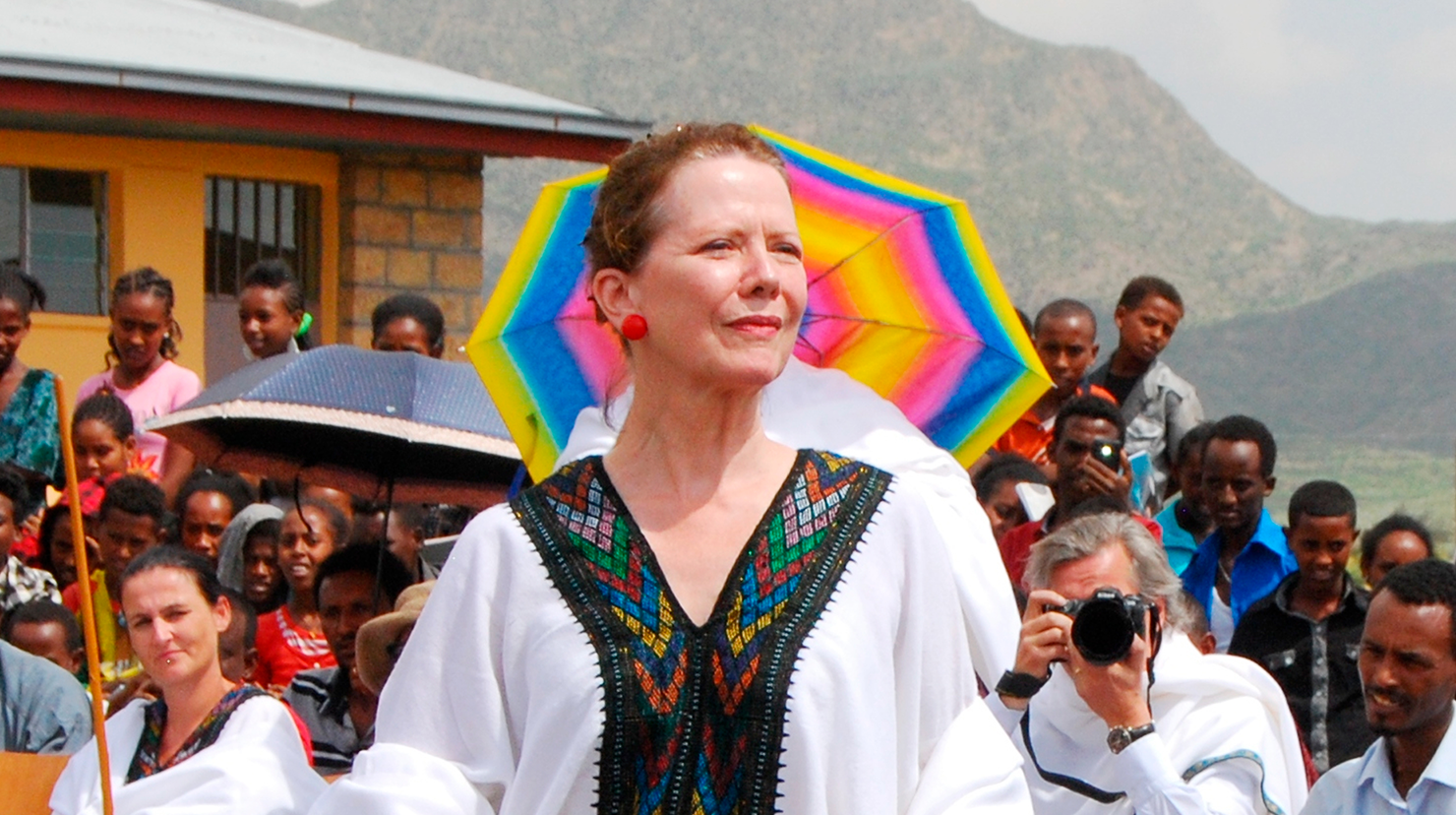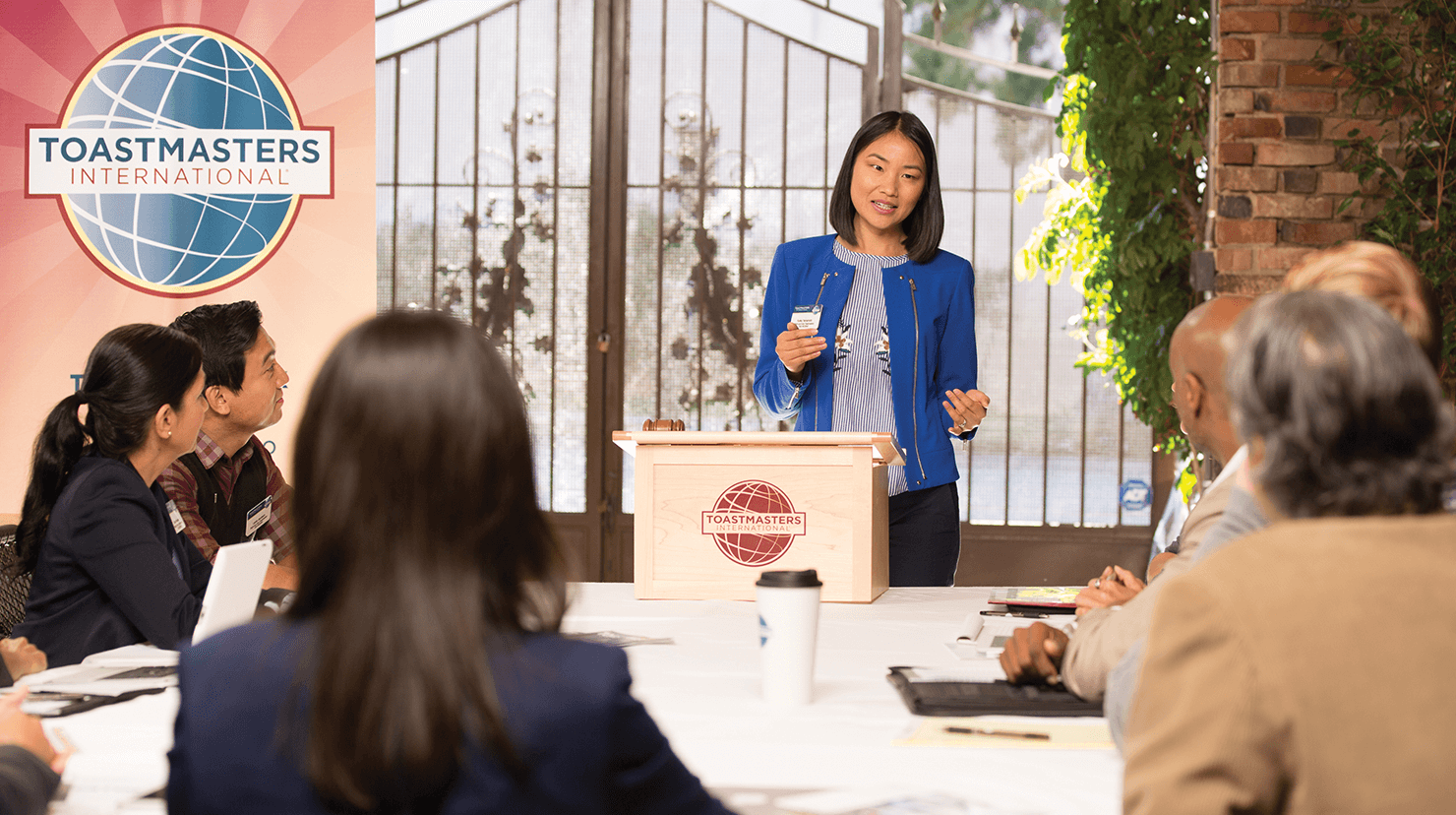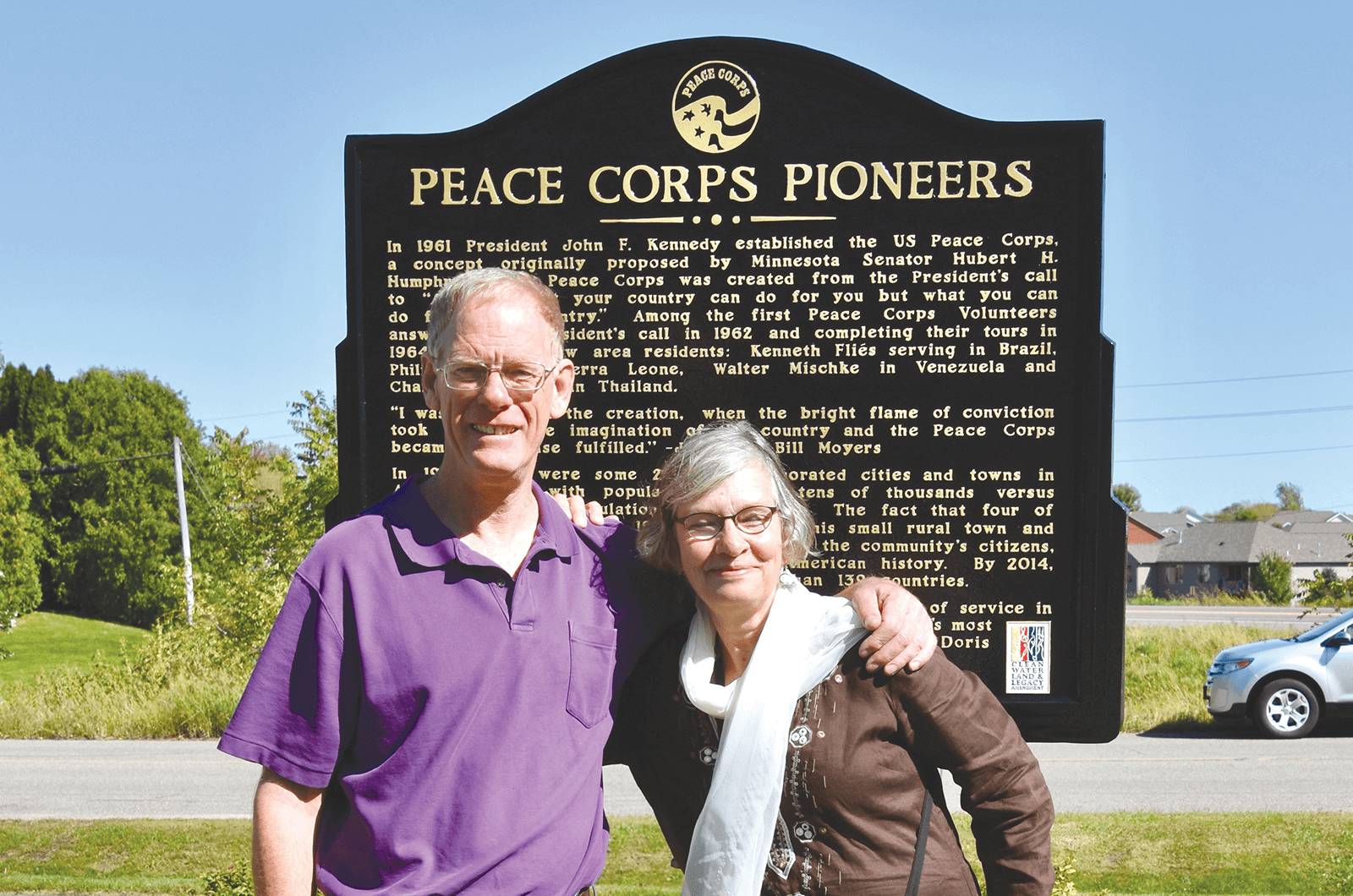
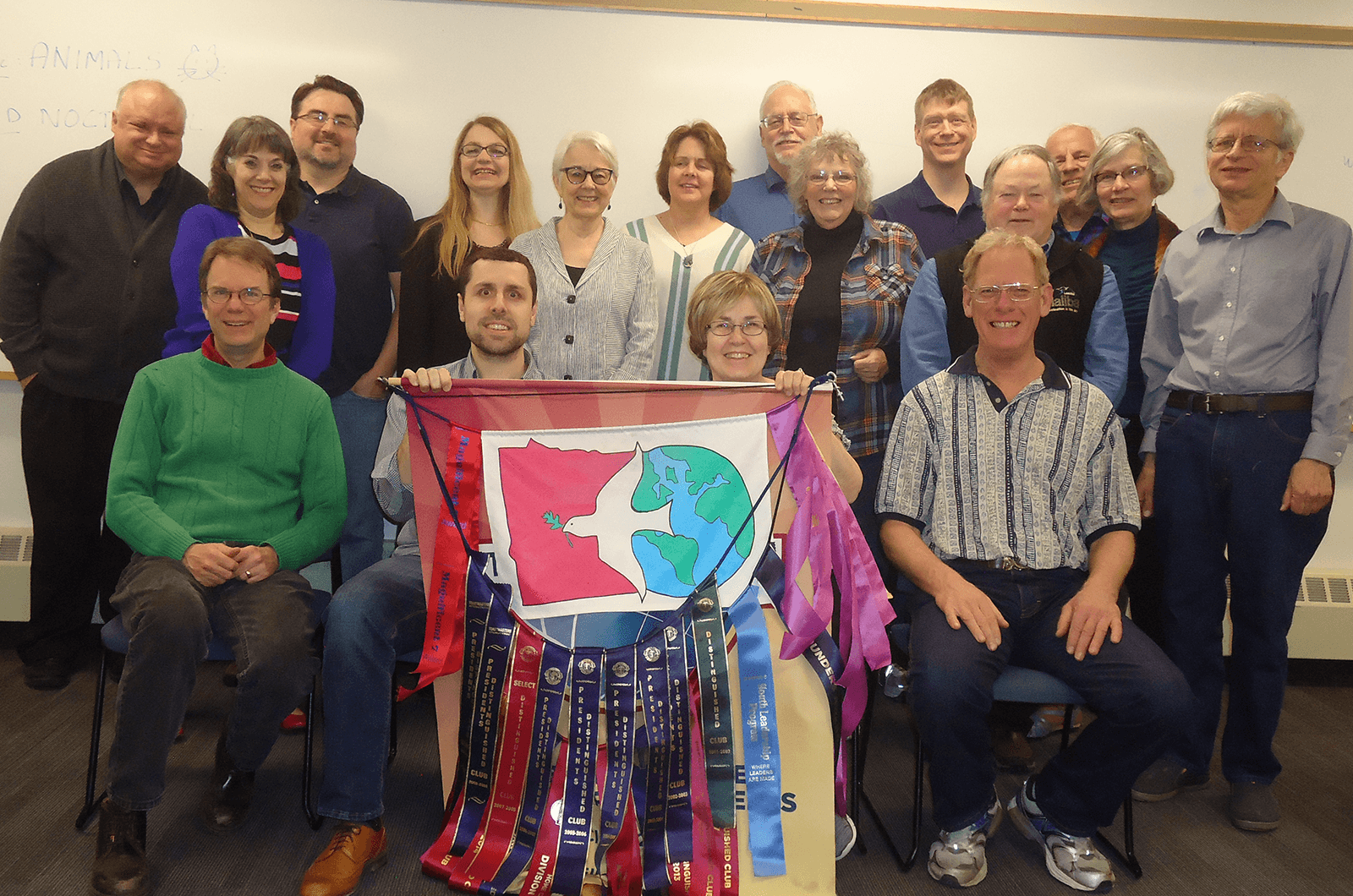
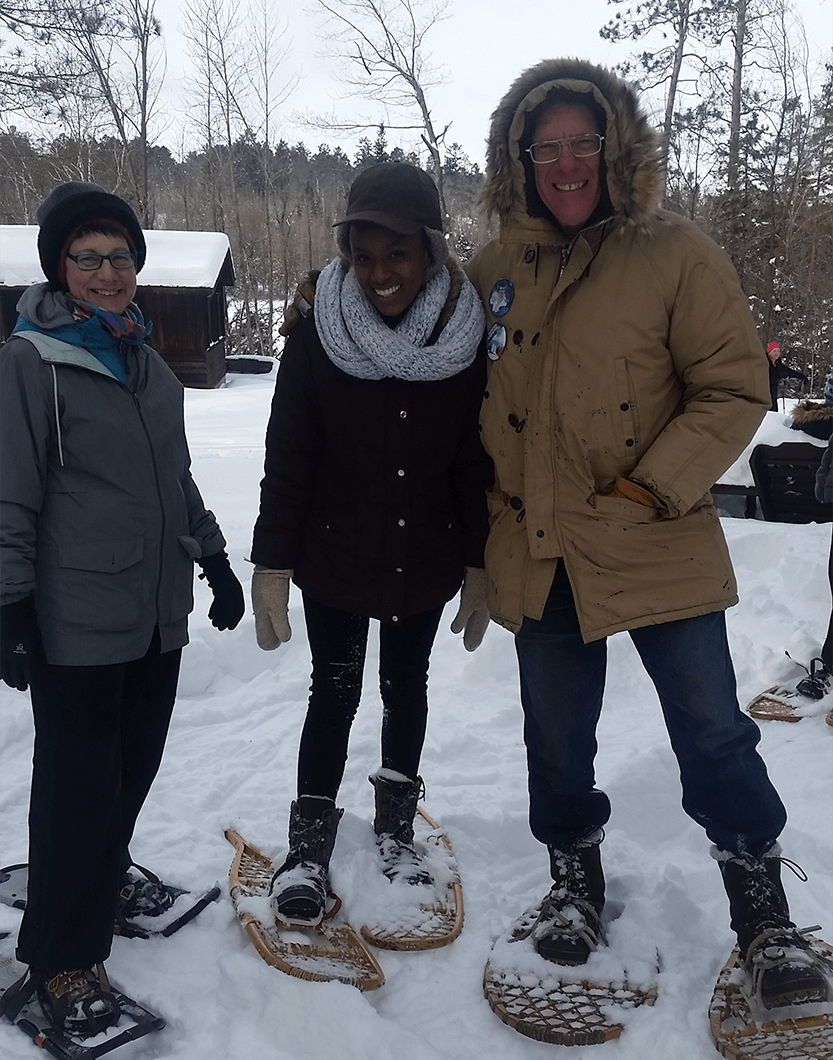
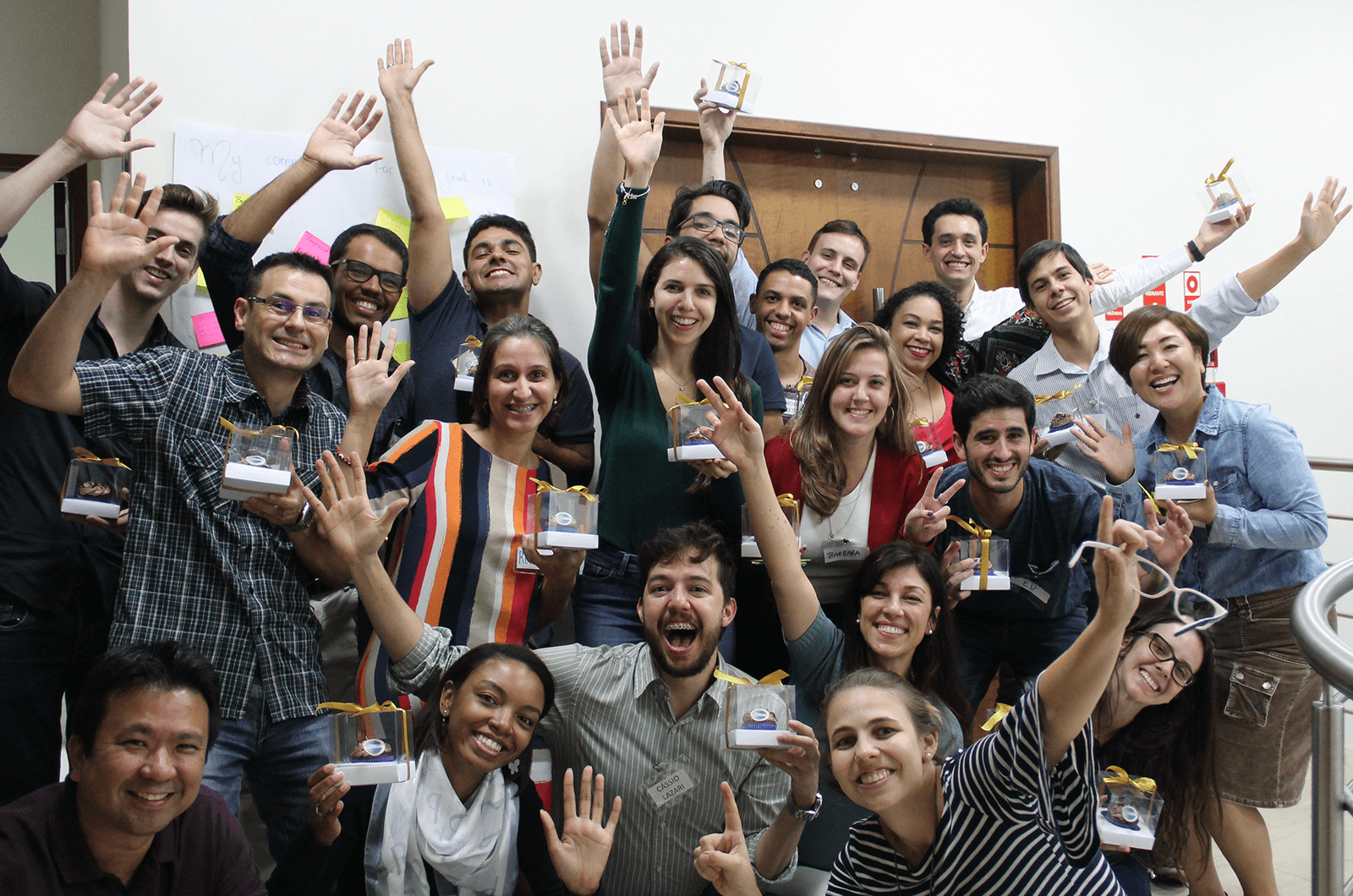
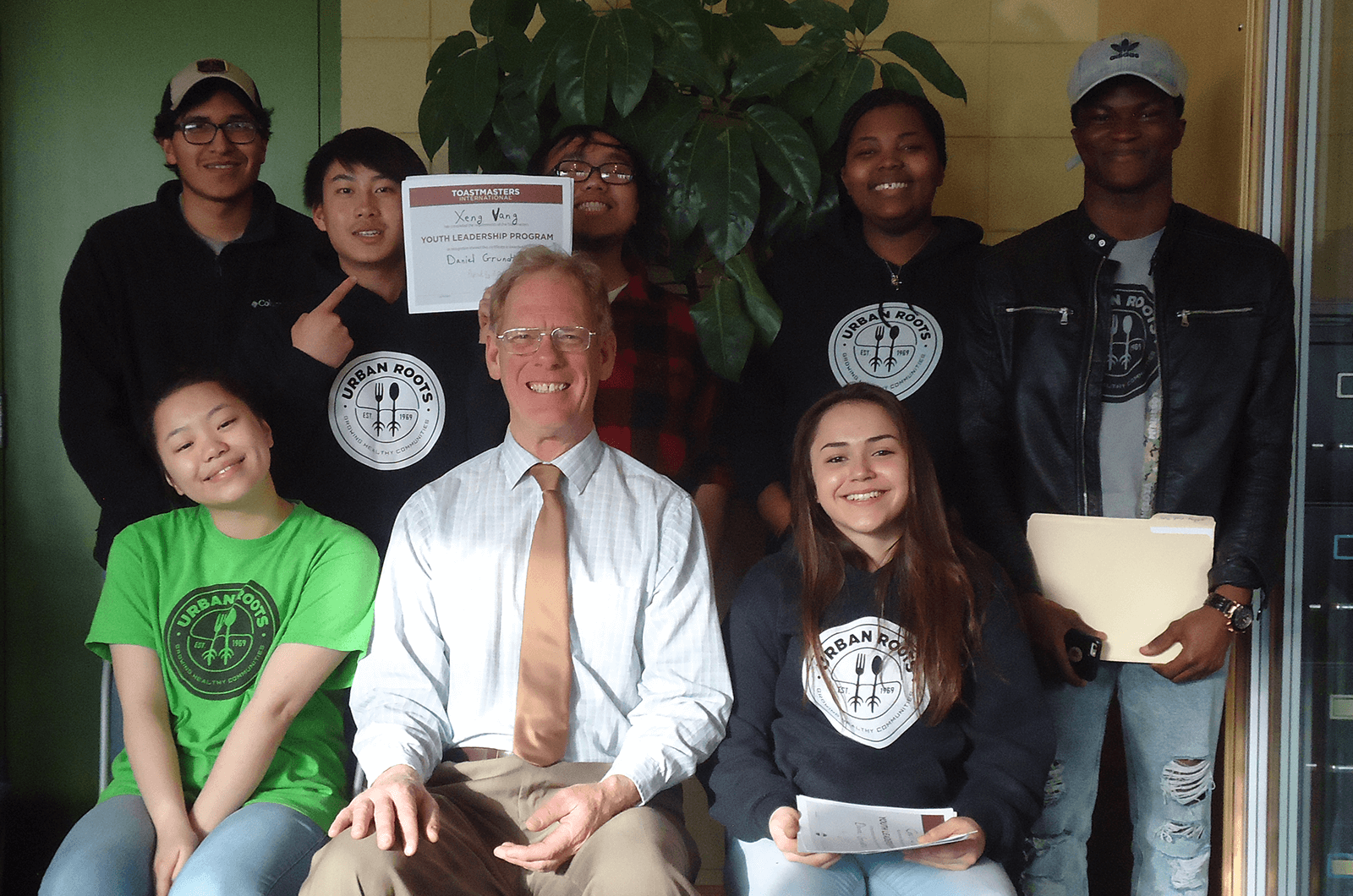
Daniel Grundtner, DTM, received one of his first evaluations 16 years before he helped found the Minnesota Returned Peace Corps Volunteers Toastmasters club, now in Roseville, near St. Paul, Minnesota.
In 1985, Grundtner, armed with a fresh college degree in forestry, signed on as a volunteer in the Peace Corps, the international organization launched by the United States in 1961 to foster cultural exchange and assistance to communities all over the world. He joined Jamaica’s land conservation department, surveying watersheds and writing detailed reports.
Remembering his boss as a “smart, self-taught Jamaican ecologist,” Grundtner benefited from his boss’s habit of “showering” him with praise while taking a red pencil to almost every sentence in the report. “He kept saying, ‘This is so good,’ as he rewrote the whole thing,” Grundtner laughs.
Grundtner still appreciates evaluations. It’s one of his favorite activities of the club, which was chartered in 2001 with a base membership of returned Peace Corps volunteers. Fittingly, Grundtner notes, Toastmasters and the Peace Corps share similar core values: integrity, service, respect and excellence—on an international scale.
Returned volunteers proved to be exemplary Toastmasters prospects because many returned to the United States eager to merge their experiences with continuing efforts to serve, lead, learn and mentor. Intrigued by the chance to further develop these skills, they were a “good fit” with Toastmasters, Grundtner says.
Through the years, 34 Peace Corps volunteers, representing service in 33 different countries, have joined the club, notes Ruth Alliband, DTM, a founding member and former community development volunteer in India. The club’s eclectic, hospitable culture has also drawn other service-minded Minnesotans and immigrants from more than 30 countries.
Mentoring is a club priority and provides the “special glue that binds us,” Alliband notes. “New members are assigned a mentor, and even experienced Toastmasters can request one,” she explains. The resulting trusting relationships prepare new members to take on challenging meeting roles, volunteer for officer roles, or chair events such as an open house, contest or party.
The club’s mentoring stories are compelling. One member, an engineer who fled the war in Bosnia, delved into skills-building through Toastmasters, which helped her earn a top engineering management job with the state. “She said she would never have had the courage to seize the opportunities that presented themselves to her, had it not been for the confidence she gained as a member of our club,” Alliband explains.
A former member, who joined the club as a post-doctoral researcher at the University of Minnesota, loved the club’s family feel so much that when she returned home to Sao Paulo, Brazil, she organized the Campinas #1 English Toastmasters club. “She grew this club with ferocious energy, contacting more than 200 referrals to charter within nine months,” Alliband says. The Minnesota club participated in the charter party via Skype and the two groups have since held some joint distance meetings, incorporating speakers and meeting roles from both clubs.
As Toastmaster clubs around the world celebrate the “Year of the Wow!” Grundtner cites two of his club’s strengths: evaluations and a close-knit membership.
The club is diligent in giving sensitive, constructive and frank feedback. Grundtner credits members’ shared experiences in traveling the world with their understanding of how easy it is to commit an unintended cultural gaffe. These experiences taught them how forgiving people can be about honest mistakes; it’s a mindset the club easily adopted.
“That lesson was not lost on us in evaluations,” he adds. “I feel that’s why ours are so supportive and constructive. We understand that feedback is best received in a warm, understanding environment.” Grundtner adds that his club also reaches the “wow status” with its close-knit culture and frequent after-meeting socialization. He likens the practice to employees talking around the water cooler, a practice some business experts say may be more productive than conventional meetings.
“That’s the time when problems are discussed and solutions hashed out with astonishing results,” Grundtner notes. “That’s been happening since inception with our club. We don’t hear from one person. We can discuss what each of us thought and brainstorm how to make it better.”
To learn more, visit the club's website or Facebook page.
Stephanie Darling is a former senior editor of and frequent contributor to the Toastmaster magazine.



 Previous
Previous
 Previous Article
Previous Article
